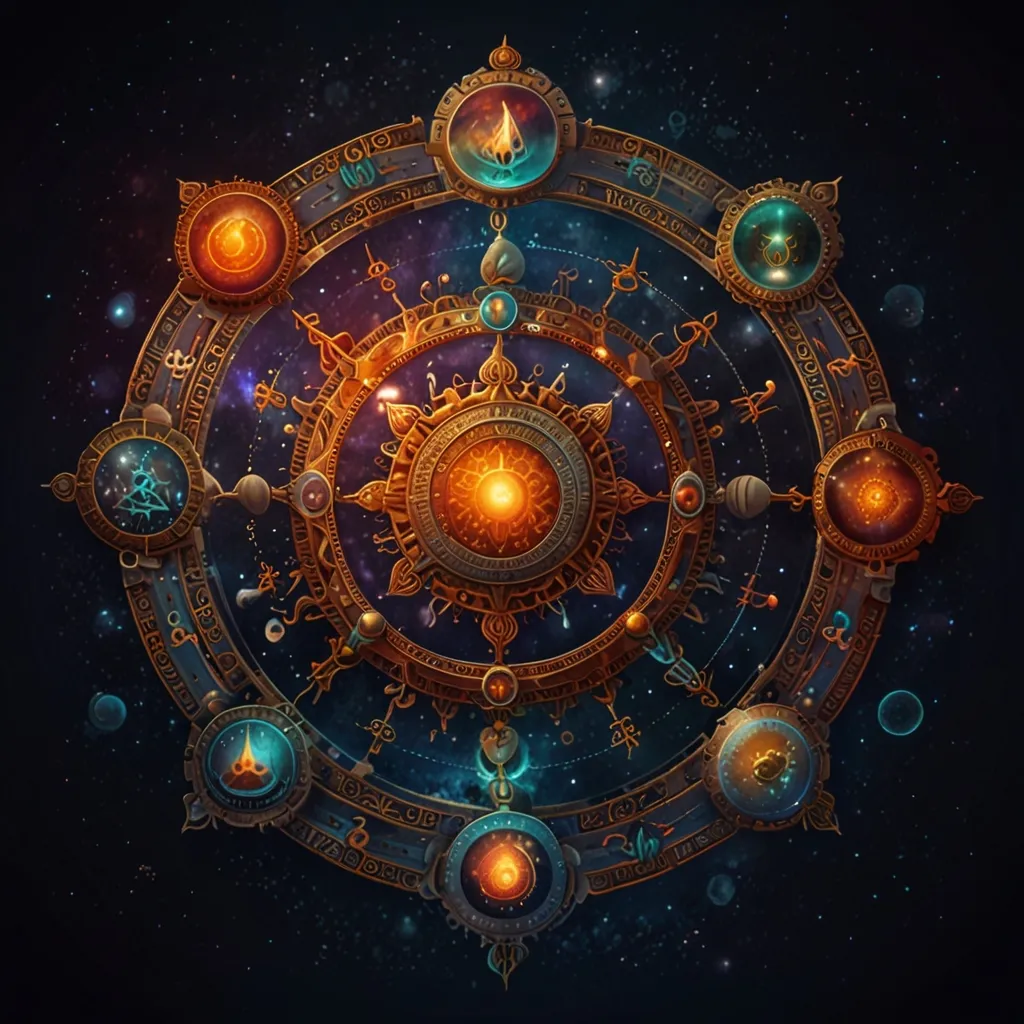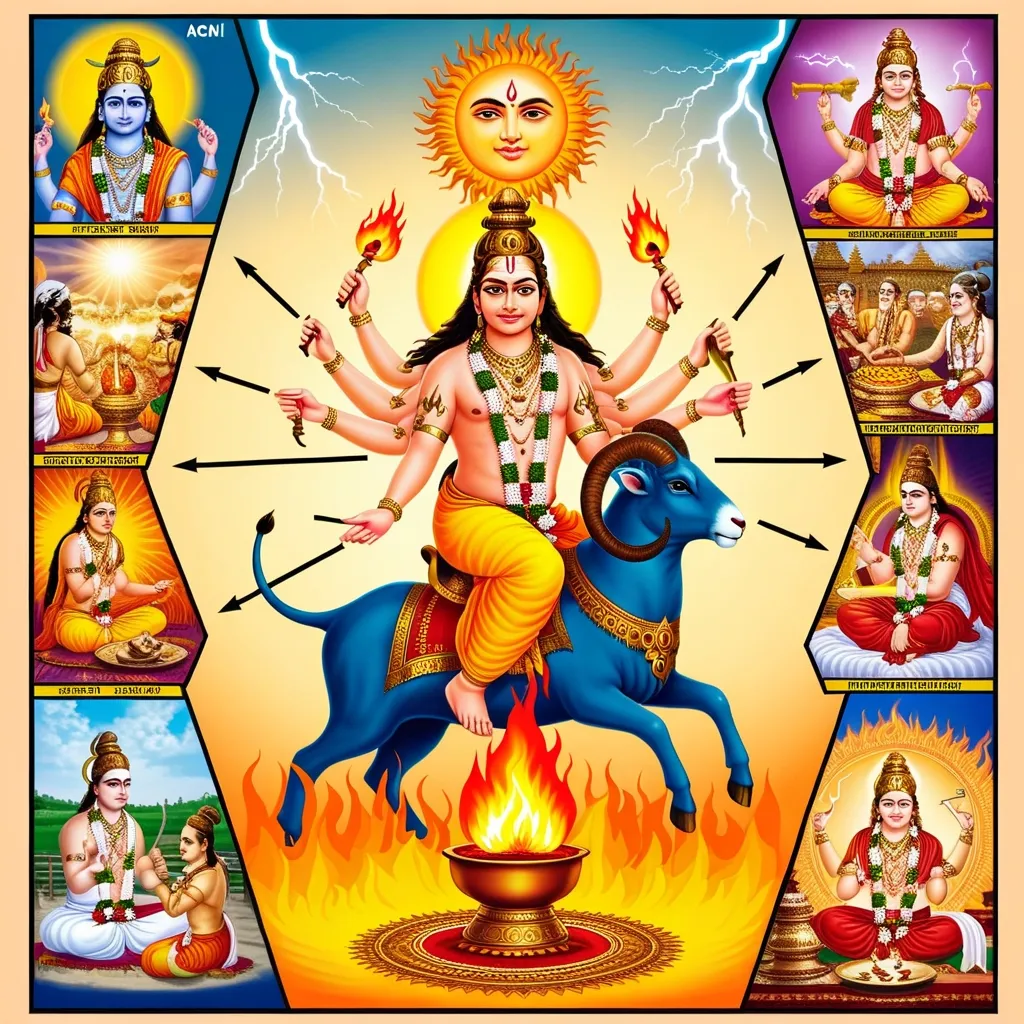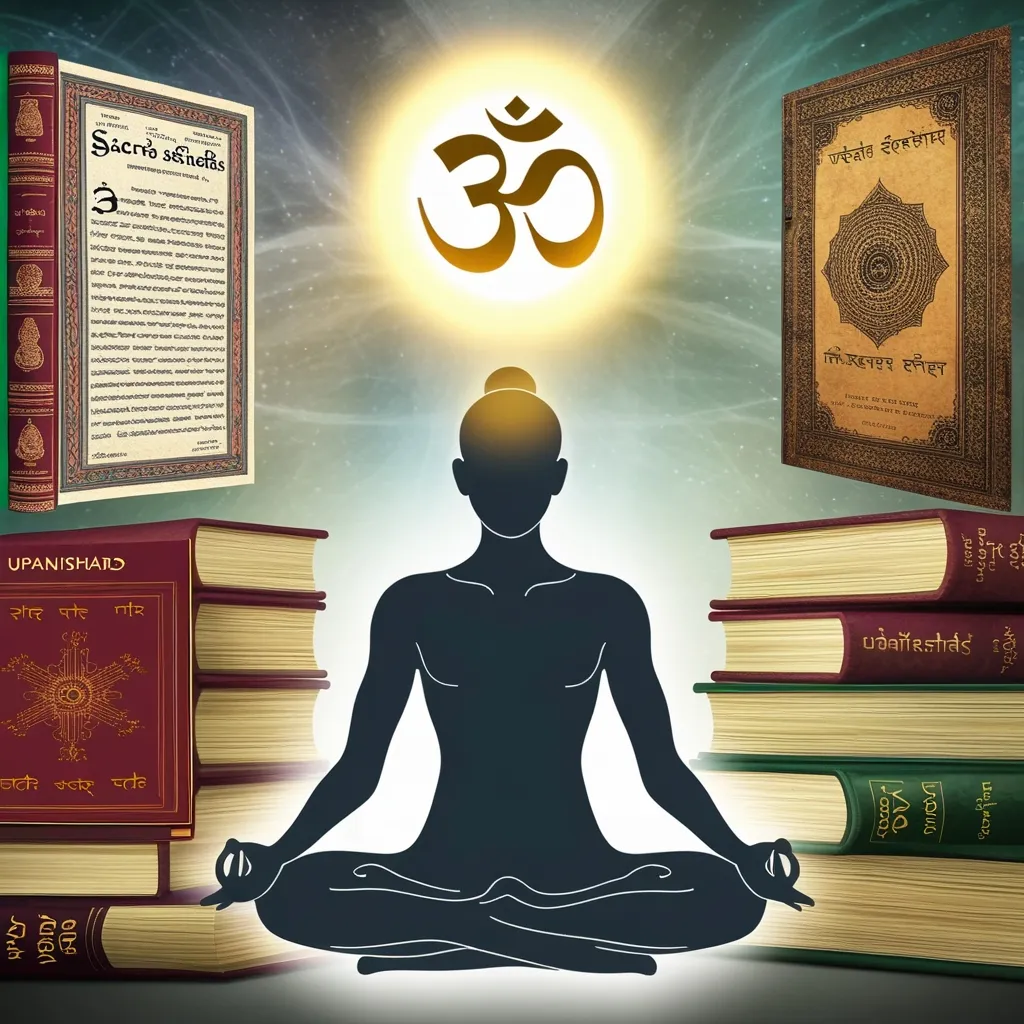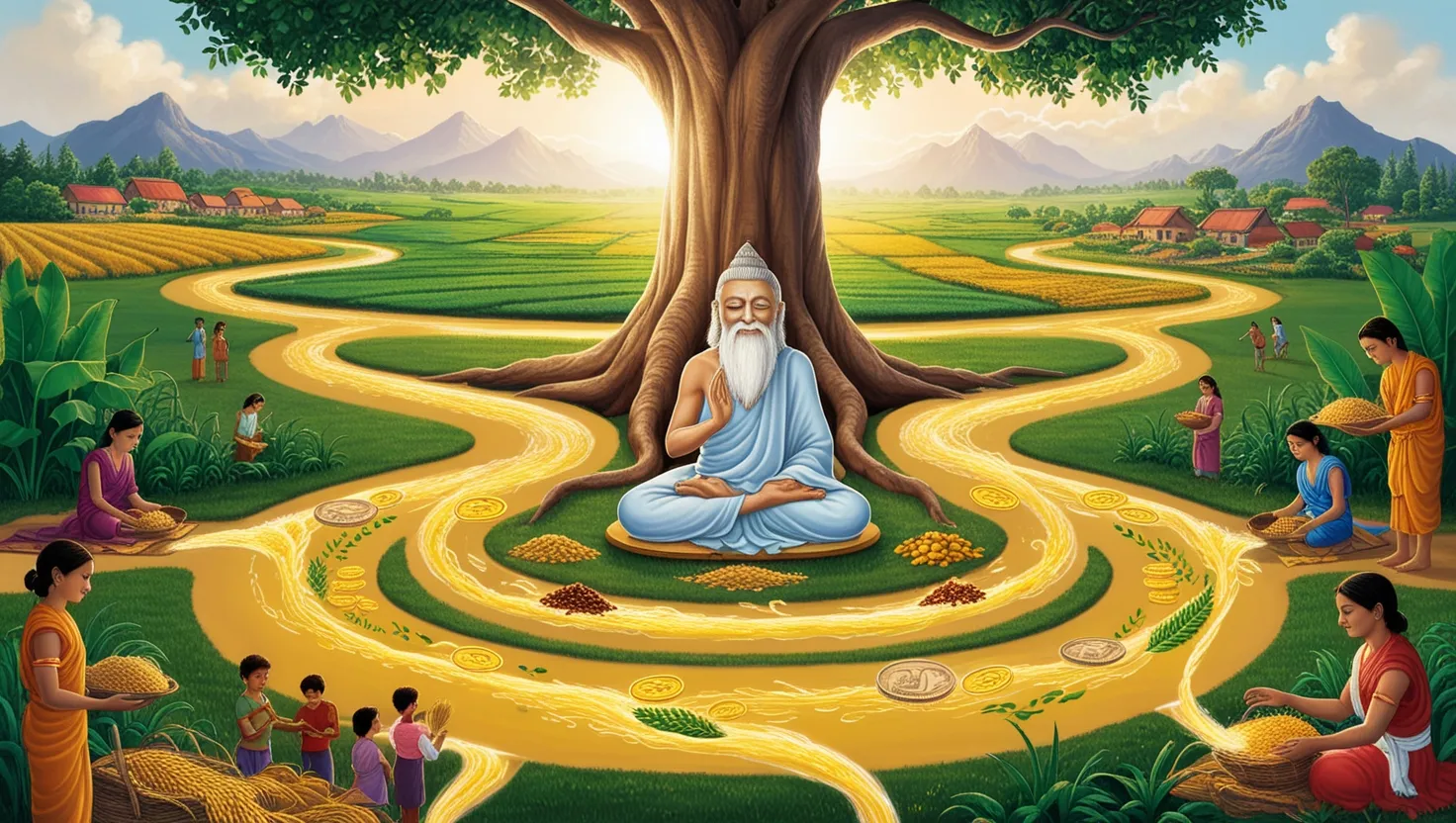Understanding Dharma: The Heart of Hindu Ethics
When thinking about Hinduism, one concept that stands out as incredibly vital is Dharma. It’s much more than a single word or idea; it’s like the backbone of Hindu ethics. People often translate it to mean “duty,” “law,” or “morality,” but it’s also a lifestyle, guiding how one lives, interacts, and even thinks. Dharma threads through the cosmic order, individual responsibilities, and social duties alike.
The Cosmic Order
Dharma is all about keeping the universe in harmony. It’s a kind of cosmic law that ensures everything is in its rightful place and interacting as it should. This isn’t just rules for humans; it includes nature and all living things. The connection between everything in the universe is emphasized, highlighting the balance between human actions and the natural world. When talking about Dharma, think of it as a way the universe keeps itself balanced and ordered.
Individual and Social Responsibilities
On a more personal level, Dharma focuses on living a life that’s virtuous and moral. This means taking care of yourself, looking out for your family, and doing right by society. It’s about walking a path filled with goodness, honesty, and compassion. These qualities don’t just benefit the individual but create a ripple effect of positivity throughout society. It’s about doing what’s right and just in every role you play, whether as a parent, friend, employee, or citizen.
The Four Goals of Life
Dharma is also one of the four main goals in Hindu philosophy, known as the Purusharthas. These are Dharma (righteous living), Artha (material success), Kama (pleasure), and Moksha (spiritual liberation). Dharma lays the groundwork for achieving the other three. It’s like the moral and ethical guidebook that helps you balance material pursuits and personal happiness while aiming for spiritual growth. Without Dharma, the other goals could lead to imbalance or chaos.
Contextual Nature of Dharma
What’s interesting about Dharma is its flexibility. What might be considered morally right in one situation might not apply in another. For instance, telling the truth is a good practice, but if telling the truth can harm someone, then maybe keeping quiet or even telling a white lie is more Dharmic. It’s this nuanced approach that makes Dharma so adaptable and practical, fitting to the different scenarios life throws at you.
Examples from Hindu Epics
Take the epic Mahabharata, for example. There’s a story where Krishna advises Arjuna about the complexity of Dharma. He explains that sticking rigidly to ethical principles without considering the context can sometimes lead to negative consequences. This emphasises that discernment and reflection are crucial when applying Dharma’s principles in real-world situations.
Daily Life and Traditions
You see Dharma everywhere in daily Hindu life. From saying “namaste” as a sign of respect to the rituals performed on special occasions, Dharma guides these actions. For instance, the practice of not wearing shoes inside temples or homes shows respect and maintains purity. These may look like small gestures, but they reflect a deeply ingrained sense of moral and spiritual integrity.
Rituals and Practices
Hindu rituals, be it physical purification, offerings, chanting mantras, or meditating, all stem from Dharma. These aren’t just rituals for their own sake but ways to align oneself with the cosmic order. They help in balancing the body, mind, and spirit, promoting spiritual growth and harmony. Performing these rituals regularly fosters a sense of discipline and unity with the universe.
The Role of Scriptures
The Vedas, ancient Hindu scriptures, are like a guidebook for understanding Dharma. They have hymns, rituals, and moral guidelines that show the right path. More than rules for personal conduct, these texts stress the importance of maintaining harmony with nature and the cosmos. They help to illuminate the core values of Dharma and how to incorporate them into daily life.
Dharma and Moksha
Another compelling aspect is how Dharma ties into Moksha, which is spiritual liberation. Following the principles of Dharma helps purify the mind and soul. This purification is crucial for realizing one’s true nature and achieving unity with the divine. In this way, Dharma isn’t just about living a good life; it’s a stepping stone to the ultimate goal of spiritual liberation.
The Principle of Righteousness
Think of Dharma as the principle of righteousness that guides you towards actions promoting unity, harmony, and goodness. It’s the glue that holds society together, ensuring that each person acts in ways that benefit both themselves and others. Following Dharma brings happiness and fulfillment not only in this life but also in the next.
Divine Principle
Dharma at its deepest level is a divine principle that infuses all of existence. It’s not just about rules and regulations but about living in a way aligned with divine expectations. This divine alignment leads to self-realization and ultimate liberation. Living by Dharma ensures that your life is in sync with the universe’s grand design.
Practical Application
So, how does one actually live a Dharmic life? It’s about developing virtues like forgiveness, humility, and self-restraint. Dharma also involves the daily regulation of life, known as Achara. This can include practices like Tapas, which are forms of austerity and adhering to moral values. These habits lead to benefits like wealth, longevity, and social respect. On the flip side, ignoring these principles can result in hardship and poor reputation.
Conclusion
Dharma is at the heart of Hindu ethics, offering a robust framework for living a righteous, balanced, and meaningful life. It adapts to individual circumstances while holding onto core principles of morality and righteousness. By understanding and following Dharma, one can achieve personal fulfillment, contribute to societal well-being, and aim for spiritual liberation. Ultimately, Dharma isn’t just a duty; it’s a way of life that elevates human existence to its highest potential.






